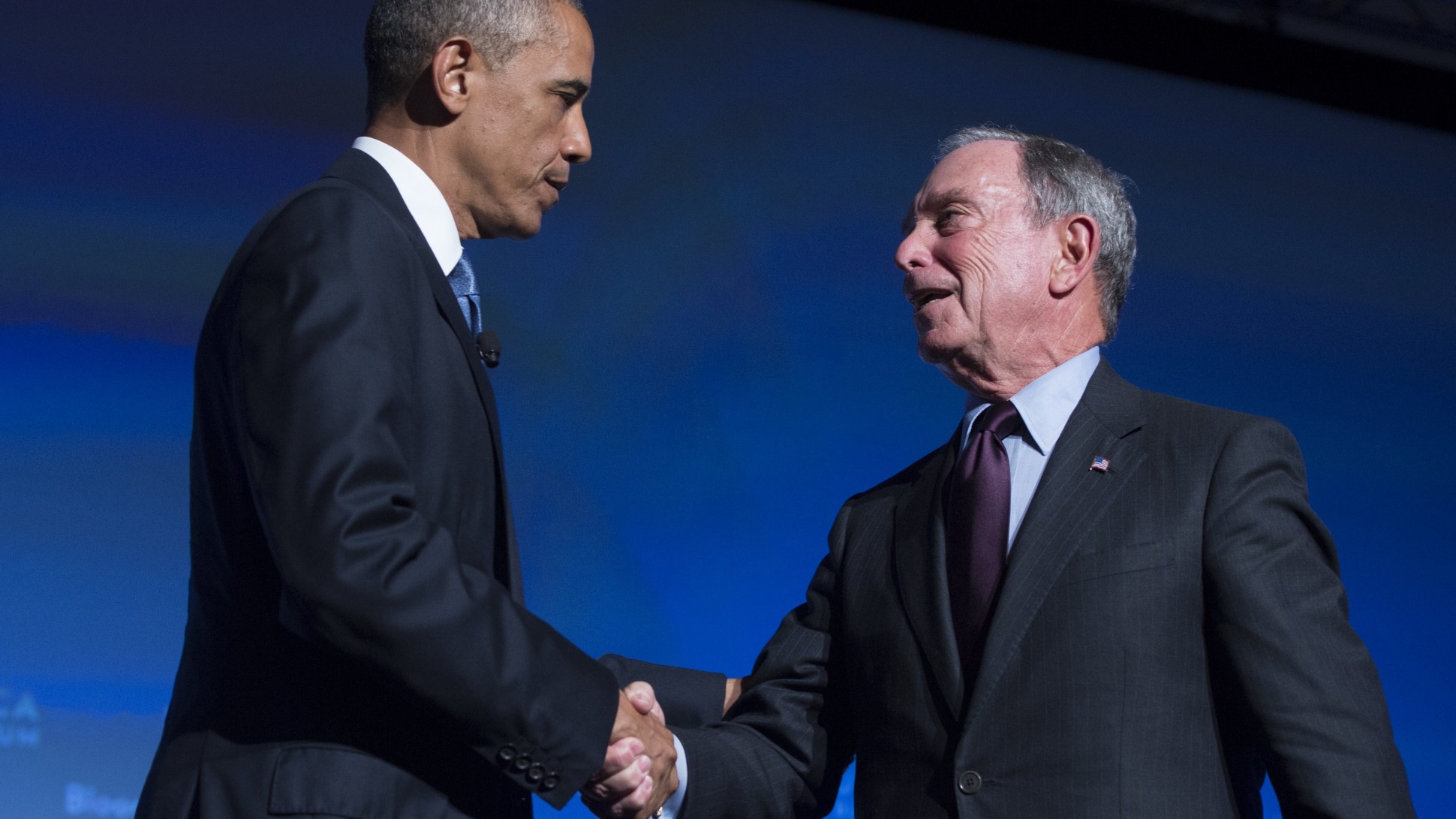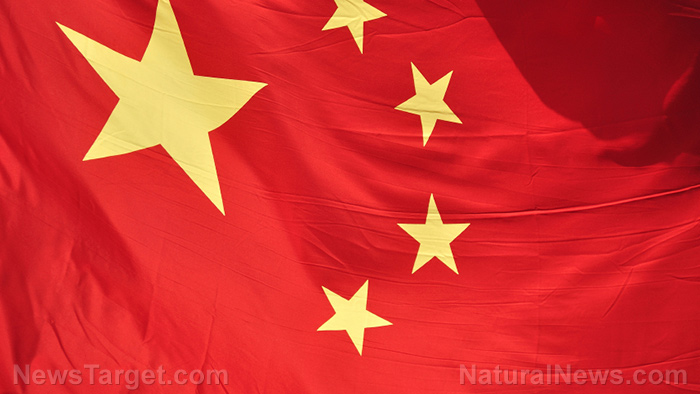
Advertisement
Bloomberg News killed one of their reporter’s investigations into the wealth of China’s Communist Party elites six years ago because they feared financial repercussions from the Chinese government. At the same time, they silenced the reporters who were involved and even went so far as to try to keep one reporter’s spouse quiet as well.
The journalist in question is Mike Forsythe, who used to work as a Beijing correspondent for Bloomberg News and is now a reporter for the New York Times. He formed part of a team responsible for Bloomberg’s award-winning investigation into the wealth of the ruling classes in China.
Bloomberg News published the first story despite warnings from the Chinese ambassador against moving forward. Shortly thereafter, Forsythe said that he started receiving death threats and moved his family to Hong Kong for safety.
Nevertheless, the team continued to work on a follow-up to the story that focused on the richest man in China, Wang Jianlin, and his ties to Chinese leaders. The family of the incoming Chinese president, Xi Jinping, was also a target of the story.
Financial concerns got story axed
While several news editors at Bloomberg seemed excited about the story at first, it ultimately never ran. Later, the team was told by Bloomberg’s editor-in-chief, Matthew Winkler, that publishing the story would prompt the Communist Parity to kick Bloomberg out of the country.
The excuse that two Bloomberg editors gave at the time for not running the story was that it needed further reporting, but audio recordings show how afraid the newsroom leaders were of losing important business in China.
After they published the first story in 2012, Chinese authorities searched their news bureaus, ordered state-owned companies not to give Bloomberg’s terminals new leases, and delayed the visas of their reporters.
It’s the terminals that seemed to be of particular concern to Bloomberg as they play a central role in the personal fortune of former New York City Mayor Michael Bloomberg. They’ve been estimated to be worth more than $50 billion, and subscribers pay $20,000 a year for access to their specialized financial analysis and data. China was considered a strategic priority for the terminals at the time the story was in the works.
Forsythe was ultimately suspended by Bloomberg News in 2013 on an accusation of leaking the controversy to other news outlets. He was later fired and ended up working for the New York Times.
NDAs part of Bloomberg company culture
A nondisclosure agreement he signed when he left the company prevents him from talking publicly about what happened there; other reporters on the investigative team behind the China story who have since left the company are also subject to an NDA, which some say they signed to avoid losing their pay.
Another person who was pressured into signing an NDA was Forsythe’s wife, journalist Leta Hong Fincher. Bloomberg threatened to sue the couple for six figures to pay for the firm’s legal costs and the tens of thousands of dollars that were spent moving their family to Hong Kong in response to the death threats.
It’s an odd move to target the wife of an employee with an NDA. Other media companies told NPR that they had never heard of companies demanding employee’s spouses sign nondisclosure agreements. A former CNBC correspondent, Fincher made it clear she wouldn’t be signing it. The pressure continued until she hired a pair of famous Hong Kong lawyers whose past clients included whistleblower Edward Snowden. That’s when Bloomberg finally backed off.
The New York Times later published Forsythe’s China expose.
When Senator Elizabeth Warren came down on Michael Bloomberg at a Democratic debate earlier this year for using NDAs to silence countless allegations of sexist and racist comments he’s made to employees over the years, Fincher was inspired to write about her own experience for The Intercept.
In the piece, she outlined how his company has an environment of sexism, with managers and lawyers treating her like an “appendage” of her husband and trying to bully her into submission.
Now that we see more of what goes on at Bloomberg, it’s easy to wonder what else the NDA-happy man and his company could be hiding.
Sources for this article include:
Advertisement
Advertisements
















